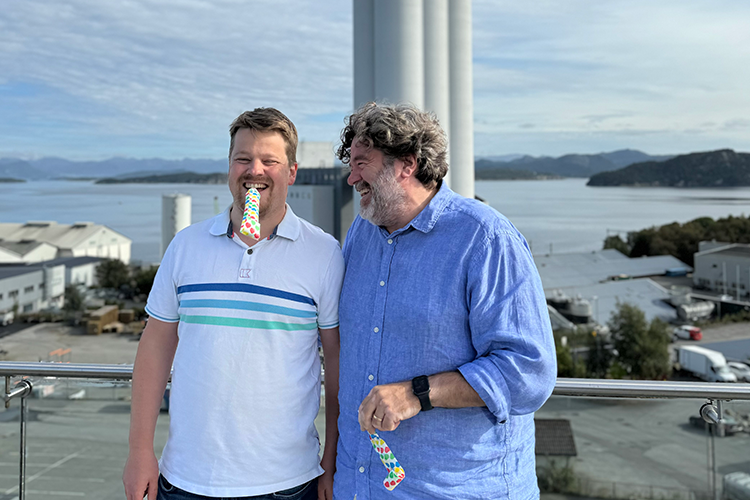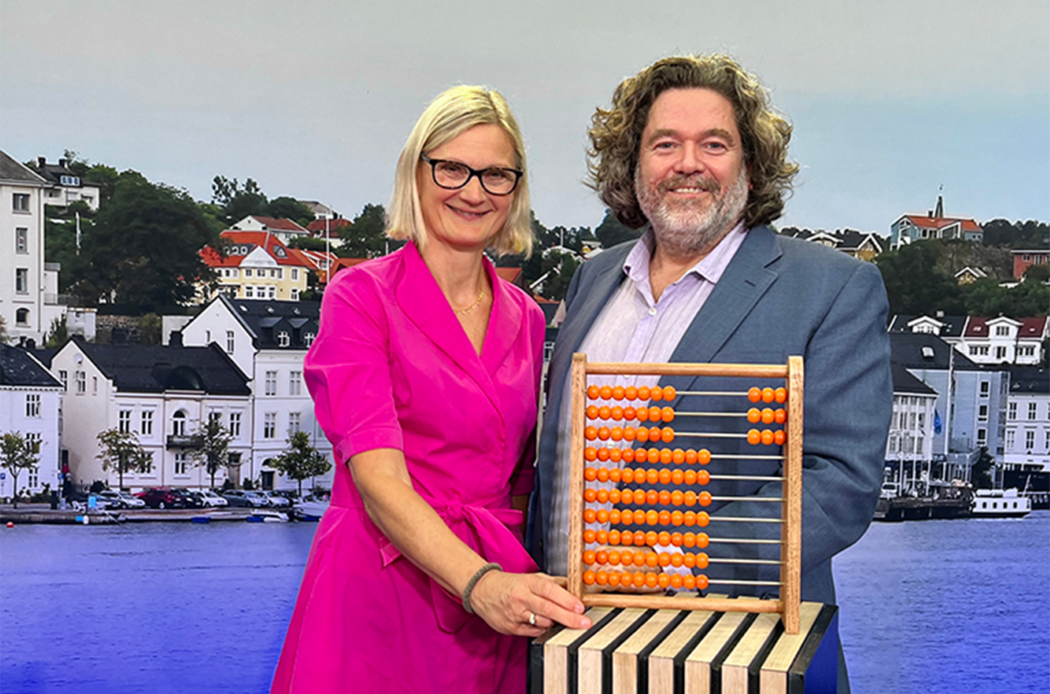Skretting Chile has been working on a series of energy efficiency initiatives in line with Nutreco’s Sustainability RoadMap 2025 while also working towards the new ISO 50001 Energy Efficiency certification.
Taking on the energy efficiency challenge in Chile

The measures aim to support the company to reduce environmental impact and contribute to our purpose of Feeding the Future.
Reducing the carbon footprint
“The ISO 50001 standard that seeks to review the processes where energy is consumed within our facilities,” says Alvaro Cifuentes, Production and Supply Chain Manager at Skretting Chile. “This will allow us to develop a solid baseline, identifying significant energy consumption of the production process, and then evaluating the measures that allow us to reduce our consumption moving forward.”
Nutreco and Skretting's sustainability policies and ambition for 2025 aim to reduce the carbon footprint throughout the value chain, starting with our own operations.
The initiatives taken by Skretting Chile in energy efficiency go in the right direction towards the achievement of our global goals.
The concrete initiatives in Chile include:
- Clean Energy Supply with Statkraft: At the end of 2020, Skretting Chile signed an important electricity supply agreement with Statkraft, a Norwegian company that within its core business states to produce energy 100% by renewable natural resources. The agreement started this year and covers the electricity demand of all our operations until 2024, guaranteeing a significant drop in the levels of CO2 emission levels.
- Ending the use of coal in operations: After an exhaustive analysis it was decided to proceed with the implementation of a new source of energy for Pargua’s plant boiler. The analysis considered all available options, such as biomass, gas, and electricity. This decision will cause a reduction in CO2 emissions and a more stable process within operations.
- Implementation in production facilities: During the last year, Skretting Chile has been working on several initiatives within its operating plants, to be more efficient in terms of energy use, covering the different stages of the production process. The participation of its facility’s co-workers has been essential, who have also contributed with ideas which have emerged in concrete initiatives.
Global goals
On the work of the team in Chile, Skretting CEO Therese Log Bergjord says, “Reducing greenhouse gas emissions is one of the key focus areas of our Sustainability RoadMap 2025, which includes the adoption of Science-Based Targets and a reduction of 30% in Scope 1 & 2 and 58% in Scope 3 emissions. The initiatives taken by Skretting Chile in energy efficiency go in the right direction towards the achievement of our global goals, and at the same time help us to support our customers with their ambitions and drive the journey towards an even more sustainable industry.”


